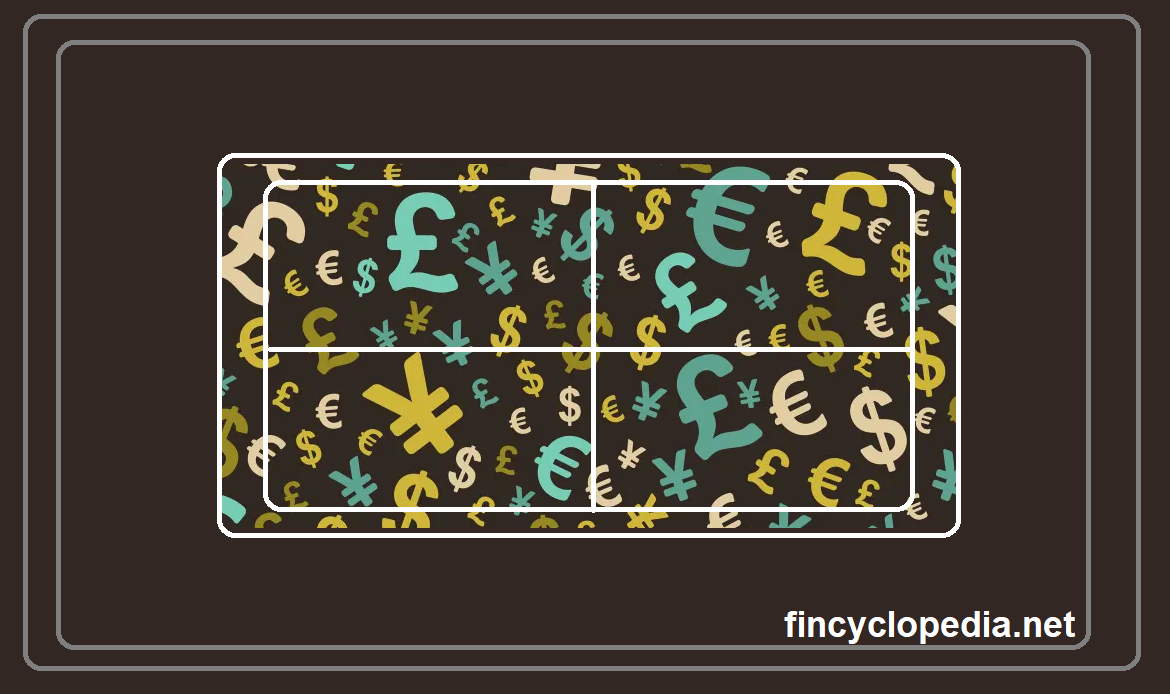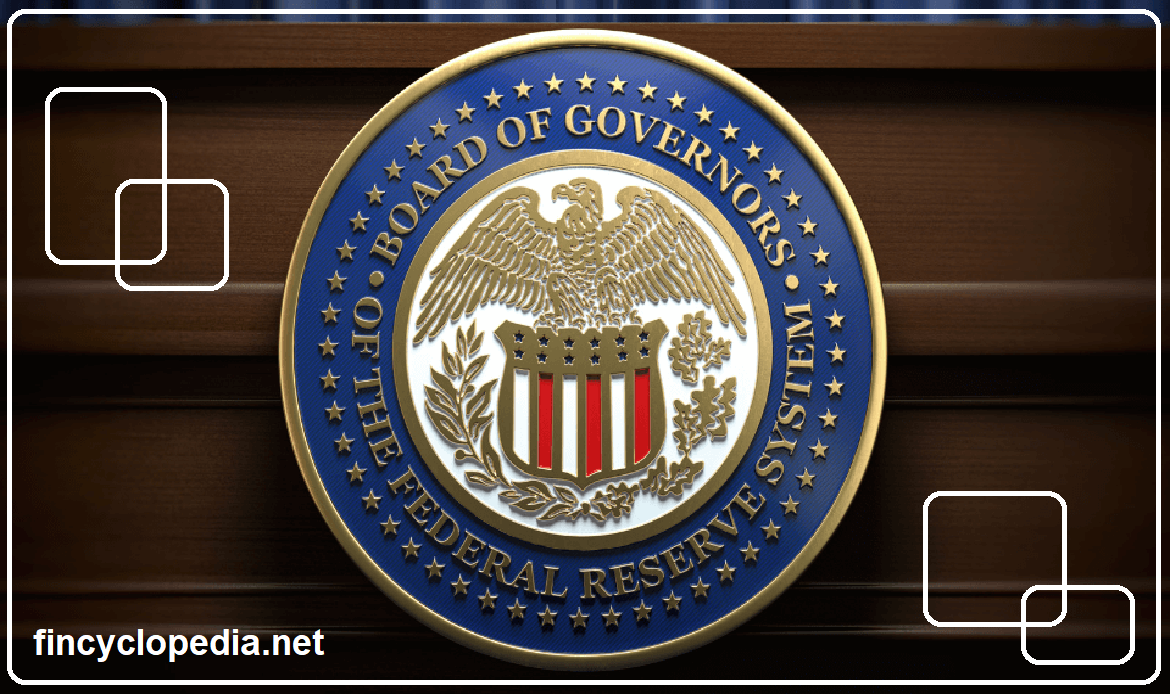The rate of interest (discount rate) that the Federal Reserve (the central bank of United States of America) charges banks and deposit-taking (depository) institutions on their borrowings therefrom. It represents the reference interest rate set and published by the Fed (Federal Reserve) for the loans extended to institutions operating within its jurisdiction.
For such institutions, it refers to the interest rate at which an eligible financial institution can borrow funds directly from a Federal Reserve bank. Eligibility for borrowing depends on meeting a certain level of reserve requirements as defined by the Federal Reserve’s board of governors. Such institutions, through the so-called discount window, can use borrowed money to correct their shortage (over the short term).
The board of directors of each reserve bank (in the individual states) sets the discount rate every 14 days. Borrowing from the Fed is considered the last resort for banks, which usually borrow from each other in the interbank market.
The Fed uses the discount rate to control the money supply in the economy, which in turn can help it control inflation and overall interest rates. The more money available in the system, the more likely inflation will pick up and influence the economy. Raising the Fed rate makes it more expensive for institutions to borrow from it. This, in turn, helps reduce the supply of available money, consequently increasing the short-term interest rates. In the opposite scenario, when the Fed reduces the rate an opposite effect occurs, sending short-term interest rates down.
The Federal discount rate is not be confused with the Federal funds rate, which represents the target interest rate set by the Fed at which depository institutions (banks and credit unions) borrow and lend their surplus reserves (federal funds or balances held at the Federal Reserve banks) to one another, usually on an overnight basis.





